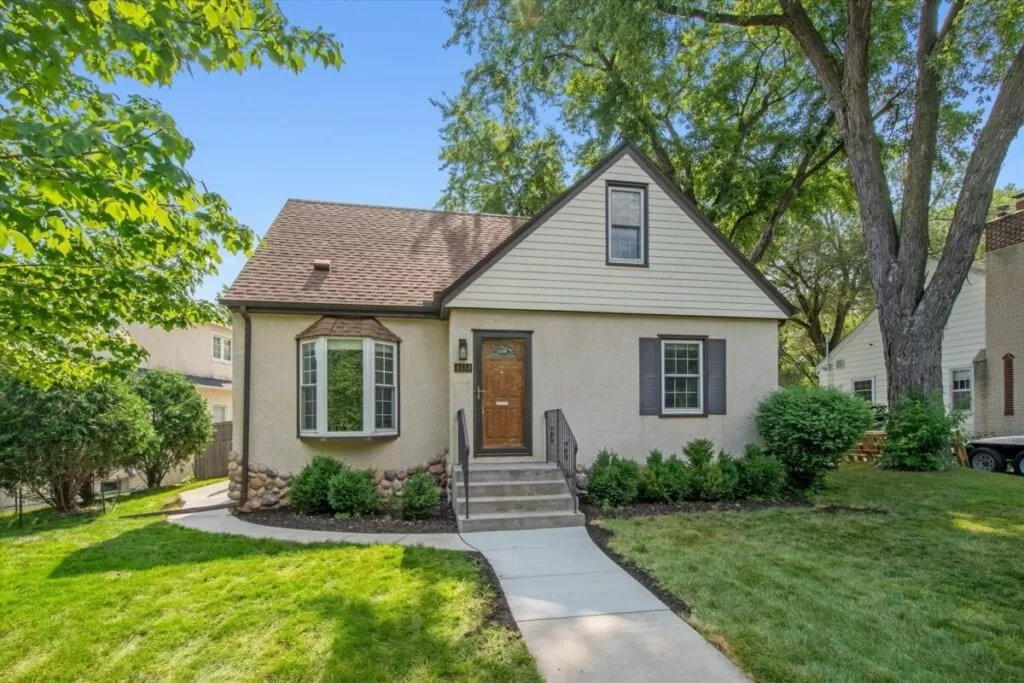If you’ve recently landed a job that pays $90,000 a year, congratulations! You are now part of the top 10% of earners in the United States. With this significant increase in income, you may be wondering, “How much house can I afford?” After all, owning a home is a major milestone and a dream for many. But before diving into the world of real estate, it’s crucial to understand what your budget allows.
At Redfin, we understand that buying a home is a big decision and a significant investment. That’s why we’re here to help you navigate through the process. In this article, we’ll break down the numbers and give you a better understanding of what your budget can afford when it comes to purchasing a home.
The 28/36 Rule
When it comes to determining how much house you can afford, the first thing to consider is the 28/36 rule. This rule is a standard guideline used by lenders to determine how much of your income should go towards housing expenses. According to this rule, your monthly housing expenses, including mortgage payments, property taxes, and insurance, should not exceed 28% of your gross monthly income. Additionally, your total debt, including housing expenses, should not exceed 36% of your gross monthly income.
Using this rule, if you make $90,000 a year, your monthly housing expenses should not exceed $2,100, and your total debt should not exceed $2,700. Keep in mind that this is just a general guideline, and your actual expenses may vary based on your unique financial situation.
Down Payment and Other Expenses
In addition to the 28/36 rule, you also need to consider the down payment and other expenses associated with buying a home. Generally, a down payment of 20% of the home’s purchase price is recommended. For a $300,000 home, that would be $60,000. However, there are options for lower down payments, such as FHA loans, which require a down payment of 3.5%. Keep in mind that a lower down payment means a higher monthly mortgage payment.
Aside from the down payment, there are other expenses to consider, such as closing costs, property taxes, and home insurance. These costs can add up to thousands of dollars, so it’s essential to factor them into your budget when determining how much house you can afford.
Location Matters
Another factor to consider when determining how much house you can afford is the location. The cost of living varies significantly from state to state and even within cities. For example, a $300,000 home in a rural area may be much larger and have more amenities compared to a $300,000 home in a major city. It’s important to research the cost of living in the area you’re interested in to get a better understanding of how far your budget can go.
Consider Your Future Expenses
When determining your budget for a home, it’s essential to consider your future expenses. As your salary increases, so will your expenses. It’s important to leave room in your budget for unexpected expenses, such as home repairs, medical bills, and other emergencies. It’s also wise to leave some room in your budget for savings and investments. Owning a home is a long-term commitment, so it’s crucial to have a budget that can accommodate for future expenses.
Don’t Forget About Your Lifestyle
While it’s essential to be financially responsible when buying a home, it’s also important to consider your lifestyle. Owning a home should not feel like a financial burden. It’s important to have a budget that allows you to enjoy your life, whether it’s traveling, dining out, or pursuing hobbies. When determining how much house you can afford, make sure to consider your lifestyle and what you value most.
In Conclusion
As you can see, there are many factors to consider when determining how much house you can afford. The 28/36 rule, down payment, location, and future expenses all play a role in determining your budget. It’s crucial to have a clear understanding of your finances and to create a budget that allows you to comfortably afford a home without compromising your lifestyle.
At Redfin, we believe that owning a home should be an achievable goal for everyone. That’s why we’re here to help you every step of the way. With our expertise and resources, we can assist you in finding the perfect home within your budget.

